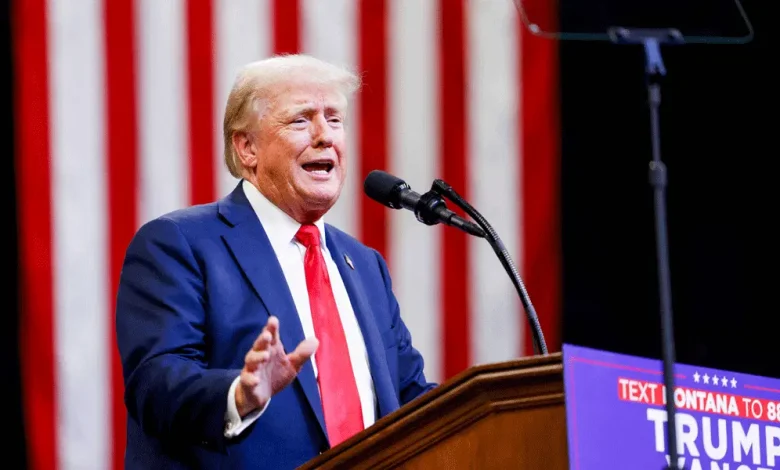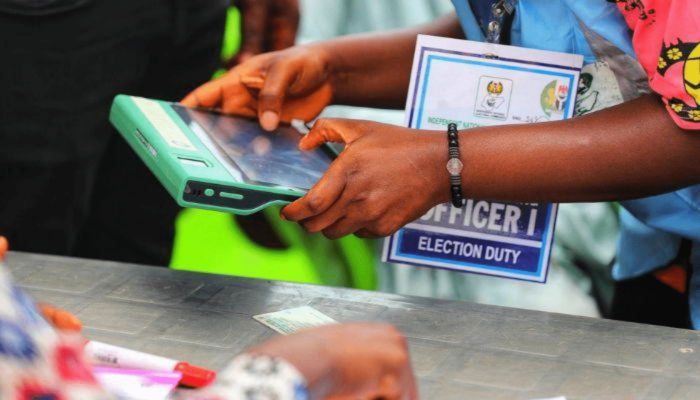
The Federal Government of Nigeria has extended its congratulations to Donald Trump on his inauguration as the 47th President of the United States, emphasizing the enduring and cooperative relationship between the two nations.
In a statement issued by the Ministry of Foreign Affairs, spokesperson Kimiebi Ebienfa expressed Nigeria’s eagerness to deepen its strategic partnership with the United States under President Trump’s leadership. The statement highlighted the historic ties between the two countries, with particular focus on their shared commitment to promoting good governance, sustainable development, and the joint battle against terrorism and violent extremism.
As one of the world’s largest economies and influential global powers, the United States plays a key role in Nigeria’s international relationships. The statement reiterated Nigeria’s intention to collaborate closely with the US in addressing global challenges and fostering mutual growth, ultimately benefiting the citizens of both countries.
“Nigeria and the United States have long enjoyed a relationship based on cooperation in areas of mutual interest, including good governance, sustainable development, and the fight against terrorism and extremism,” the statement read. “We look forward to strengthening this partnership further under President Trump’s leadership for the betterment of both our nations.”
Trump was sworn in on Monday during a historic ceremony held inside the Capitol Rotunda due to inclement weather. While the inauguration marked the beginning of his presidency, concerns surrounding immigration and deportation policies in the US have been a significant point of discussion, especially among Nigerian expatriates living in America.
In the wake of Trump’s presidential inauguration, Nigerian nationals in the United States expressed mixed reactions, with some fearing the possibility of large-scale deportations, a campaign promise that Trump has consistently highlighted. However, experts suggest that fears of such deportations may be exaggerated, given constitutional and logistical barriers. Obed Monago, Chairman Emeritus of the Nigerians in Diaspora Organisation Americas, reassured Nigerians that mass deportations are unlikely due to significant challenges such as the need for Congressional approval and substantial resources that have not been allocated for such an initiative.
Monago further emphasized that any changes in US immigration policies would likely be focused on individuals with criminal records, while the deportation of millions of people is deemed unfeasible. “I don’t foresee mass deportations happening under the Trump administration. The resources required for such an effort simply haven’t been allocated, and many local authorities have voiced their opposition to such measures,” Monago explained.
Nonetheless, stricter immigration policies are anticipated, and Nigerian nationals with temporary visas or those living in the US without proper documentation could face increased scrutiny. Chief Azuka Aghenu, a Nigerian technocrat based in Minnesota, warned against engaging in illegal employment or activities that might attract the attention of immigration authorities, urging Nigerians to exercise caution in light of the changing political landscape.
Additionally, Aghenu highlighted the potential rise in medication costs under new executive actions, which could affect Nigerian residents in the US, particularly those on Medicare and Medicaid. “One of the executive orders that may impact Nigerians is related to medication costs. The reduced drug prices many beneficiaries enjoyed may increase significantly under the new administration,” Aghenu said.
While some Nigerians are concerned about the potential for deportation and policy changes, a broader issue of concern has been the state of immigration laws. Many are closely watching Trump’s moves on birthright citizenship. In his inaugural address, Trump reiterated plans to end birthright citizenship for children born to non-citizens, including undocumented immigrants or those on temporary visas. This proposed change has already sparked legal challenges, with several Democrat-led states filing lawsuits claiming that such an action violates the 14th Amendment, which guarantees citizenship to all individuals born on US soil.
Despite these controversies, the Nigerian government has expressed optimism that the historical ties with the US will continue to strengthen under Trump’s leadership. The Federal Government’s commitment to fostering cooperation in critical areas such as development, security, and governance remains a key aspect of its foreign policy strategy.
As President Trump embarks on his tenure, the international community, including Nigeria, will be closely monitoring how his policies unfold and the impact they have on the millions of Nigerians living abroad.





